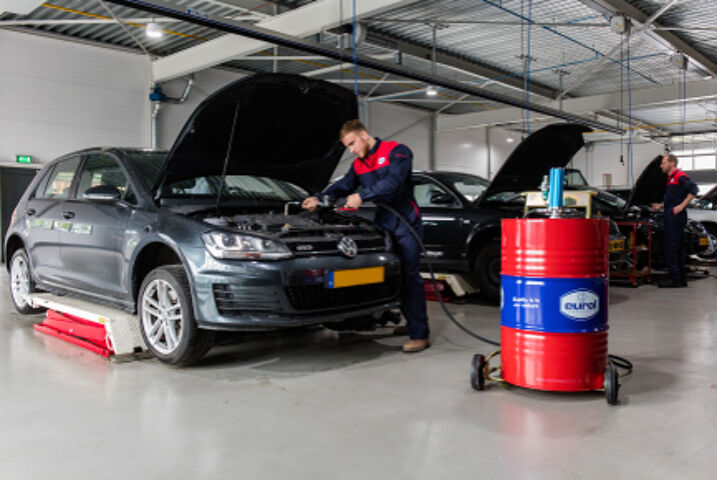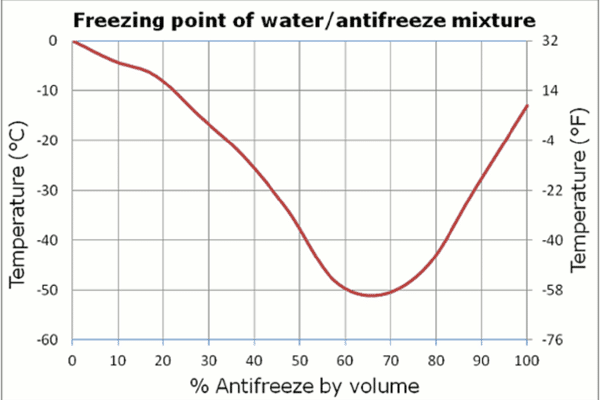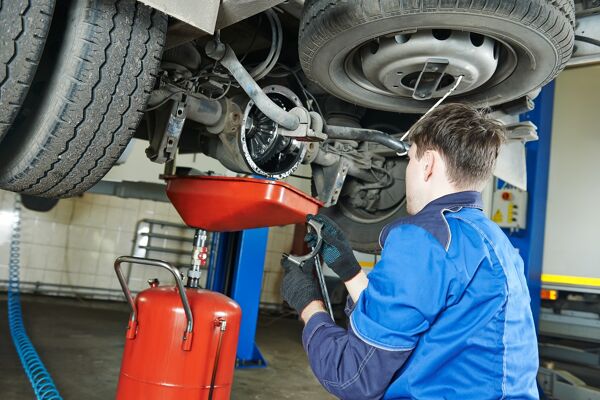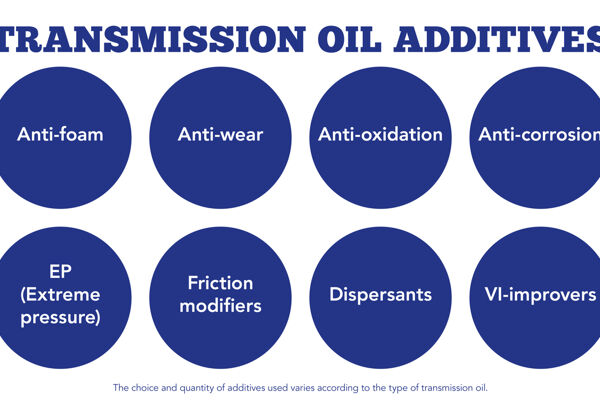
The crucial role of high-performance lubrication i...
Extreme conditions in mining cause wear and downtime. Eurol offers solutions to improve the lifespan and efficiency of machinery.
September 1, 2018

‘It is clear that the selected engine concepts mean that oil needs to be even less viscous than it was. Lower engine speeds combined with the high demands made of the engines set high requirements for modern engine oils. From 15W-40 mineral oil, we are evolving to synthetic 0W-20 oils. As this low viscosity affects the oil's lubricating capacity, more and more chemical compounds are being introduced to compensate. Tailored engine oils are the current trend, and unfortunately they cannot be used universally. Car companies are now aware of this. However, it remains important to be alert to the manufacturer's specifications during oil changes. Mistakes can be costly if an engine breaks down due to using the wrong kind of oil.
There are also other technical developments that play a role in the development of an engine oil, such as the start-stop systems. These have a significant impact on the wear and tear to the engine. The effectiveness and particularly the life span of soot filters in both diesel and petrol engines are partly determined by the choice of oil. These soot filters must not be allowed to clog up as a result of choosing the wrong oil. This is particularly crucial in the case of soot filters for petrol engines: gasoline particulate filters.
Another technical problem relating to engines is LSPI, or low-speed pre-ignition. This is the almost unpredictable precombustion of the petrol and air mixture during the compression stroke. The problems arise from the red-hot carbon particles left behind. The causes of this are still the subject of discussion among technical experts, but in general the high pressures in the combustion chamber combined with the wrong type of engine oil are considered a major cause. The damage caused to the engine can be enormous: burnt pistons and bent connecting rods, for example. In any case, the right mix of calcium and molybdenum is important in the chosen engine oil in order to prevent LSPI as far as possible.
Another phenomenon that is influenced by the type of engine oil is what is known as turbo coking. This means deposits building up on the moving parts, resulting in the turbocharger wearing out faster or even breaking. In short, every workshop manager and employee needs to be aware of the complexity of the issue of engine oils arising from today's modern engines.’
Source: AfterSales Magazine January/February 2018 (translated)

Extreme conditions in mining cause wear and downtime. Eurol offers solutions to improve the lifespan and efficiency of machinery.

What does a coolant actually do, what are the differences between technologies, and what properties do they have? Why is it no longer possible to make a choice based on the...

Trucks are subject to increasingly strict environmental regulations. Not only do emissions of harmful substances need to be reduced, but CO2 emissions also need to come dow...

Fuel savings, smoother shifting, extended lifespan, and smaller sump capacities: these are the main driving forces for innovations in the field of transmission.

Extreme conditions in mining cause wear and downtime. Eurol offers solutions to improve the lifespan and efficiency of machinery.

What does a coolant actually do, what are the differences between technologies, and what properties do they have? Why is it no longer possible to make a choice based on the...

Trucks are subject to increasingly strict environmental regulations. Not only do emissions of harmful substances need to be reduced, but CO2 emissions also need to come dow...

Fuel savings, smoother shifting, extended lifespan, and smaller sump capacities: these are the main driving forces for innovations in the field of transmission.
